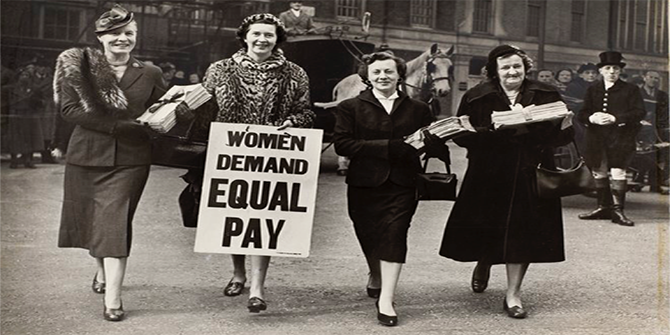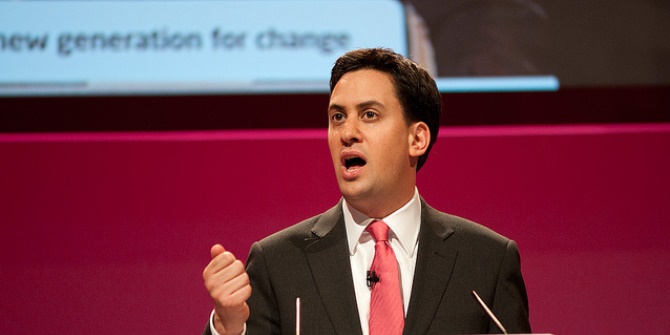 A recent poll asked business leaders which party, Labour or the Conservatives, would be good for shareholders and which would be good for customers. Surprisingly, and contrary to the adage that companies maximise shareholder value by producing better value for their customers, the answers they gave were different. A Labour government was seen as better for customers, and the Conservatives for shareholders. Duncan O’Leary examines what’s going on.
A recent poll asked business leaders which party, Labour or the Conservatives, would be good for shareholders and which would be good for customers. Surprisingly, and contrary to the adage that companies maximise shareholder value by producing better value for their customers, the answers they gave were different. A Labour government was seen as better for customers, and the Conservatives for shareholders. Duncan O’Leary examines what’s going on.
There was something striking in the recent YouGov poll of business leaders. The headline finding was the strong preference of this group for a Conservative rather than Labour government, but what caught my eye was something different. The business leaders in the poll seemed to distinguish between what might be good for shareholders and what might be good for consumers.
The results are reproduced in the table below. They show, for example, that 78 per cent believe that a Conservative government would be good for the shareholders of big companies, but just 43 per cent believe one would be good for customers. Similarly, 11 per cent believe a Labour government would be good for the shareholders of big companies but almost twice that figure – 21 per cent – believe one would be good for customers.
|
% of senior business decision makers who say a Conservative or Labour government would be good or bad for… |
||
|
Conservative |
Labour |
|
|
Shareholders who own big companies |
||
|
Good |
75 |
11 |
|
Bad |
5 |
62 |
|
People who work for Big companies |
||
|
Good |
49 |
21 |
|
Bad |
21 |
51 |
|
Customers of big companies |
||
|
Good |
43 |
21 |
|
Bad |
22 |
47 |
This isn’t supposed to happen. The theory is that companies maximise shareholder value by producing better value for their customers. Meanwhile, customers are supposed to benefit from shareholders doing well too – this is what attracts investment. So it is striking that the leaders of businesses think that it is possible for something to benefit shareholders much more than customers (a Conservative government) or customers much more than shareholders (a Labour government).
The obvious conclusion is that shareholders and customers have distinct interests. They may overlap but they are not the same thing. The data in the poll indicates the same distinction between the interests of company workers and shareholders too.
This may sound academic but it has big implications. There is a sense in Britain that business is on the back foot with public opinion. The CBI, for example, launched its Great Business Debate with the frank recognition that only around half of people believe business makes a positive contribution to society. In particular, the word ‘big’ is now used as a prefix to imply something is wrong with business in the same way that it often has been with government.
The diverging interests indicated by the YouGov poll lie behind this. ‘Big’ is used as a shorthand for an imbalance of power. Too often, people perceive that their relationships with companies are one-sided – that companies profit more than their employees or consumers benefit. This is what Tim Montgomerie was addressing when he talked this week about the need for a capitalism ‘where consumers have the upper hand, not producers’. It is also what Labour is driving at when is argues that jobs must be more secure and rewarding in all senses of the word.
On the biggest economic challenge of all – Britain’s productivity problem – there is considerable overlap between the interests of shareholders, employees and customers. On issues like employment conditions or consumer rights the divides are often as they sound in political rhetoric. But there are distinct interests within firms and part of the job of politics is helping ensure that there is a proper balance between them. In the absence of this, the sense of reciprocity and mutual benefit that underpins public support for business drains away. That is something business should really be worried about.
Note: This article gives the views of the author, and not the position of the British Politics and Policy blog, nor of the London School of Economics. Please read our comments policy before posting.
 Duncan O’Leary is Research Director at Demos think tank. He tweets from @DuncanOleary.
Duncan O’Leary is Research Director at Demos think tank. He tweets from @DuncanOleary.







